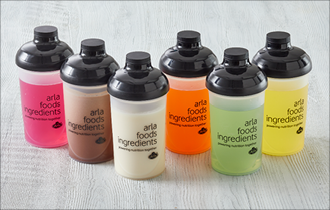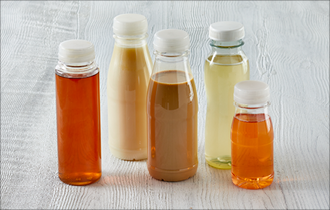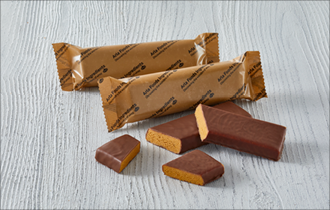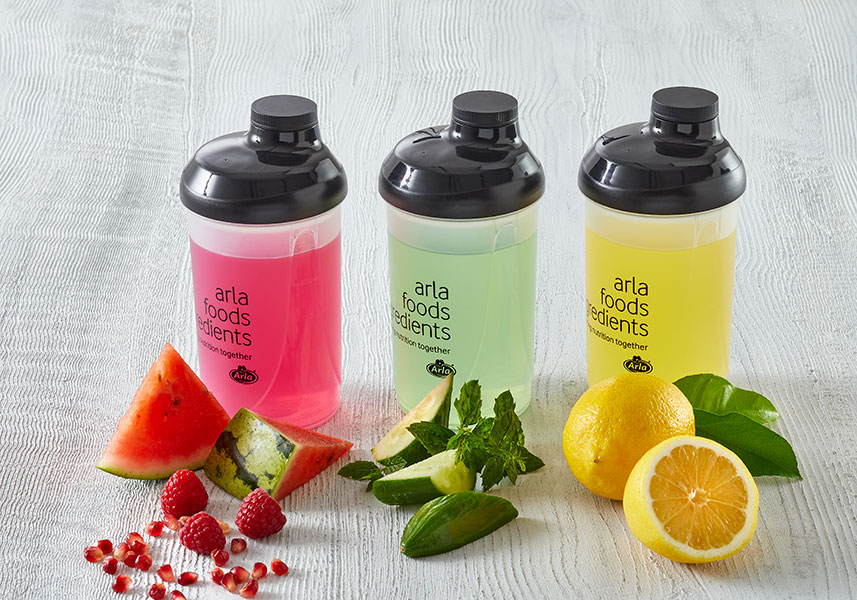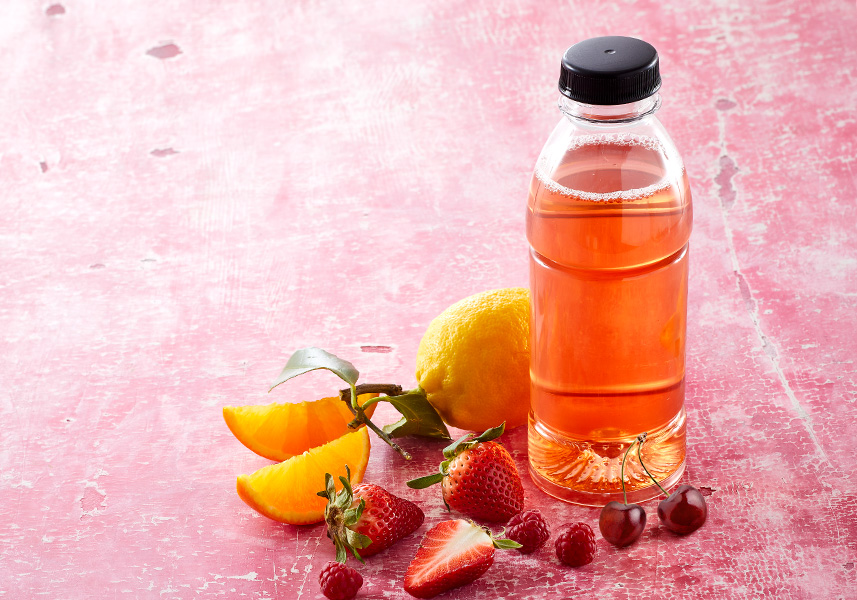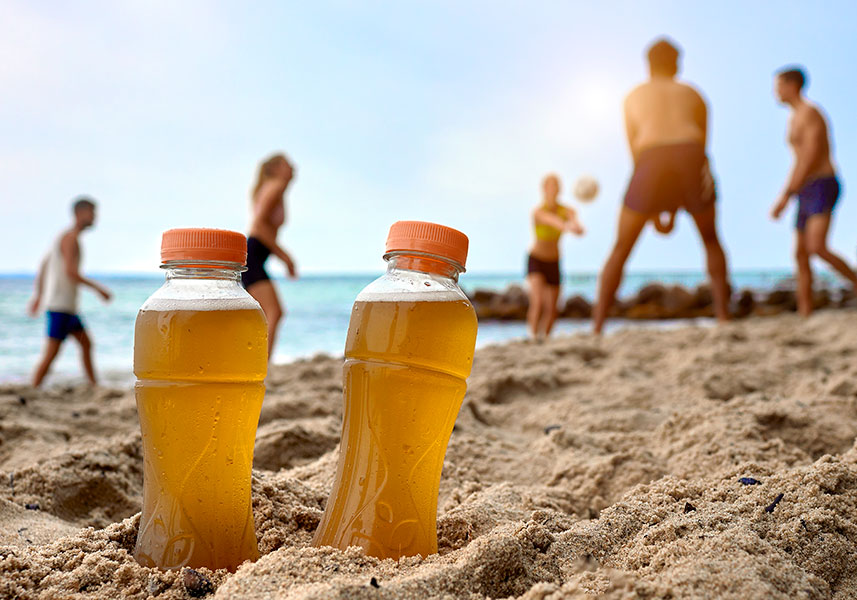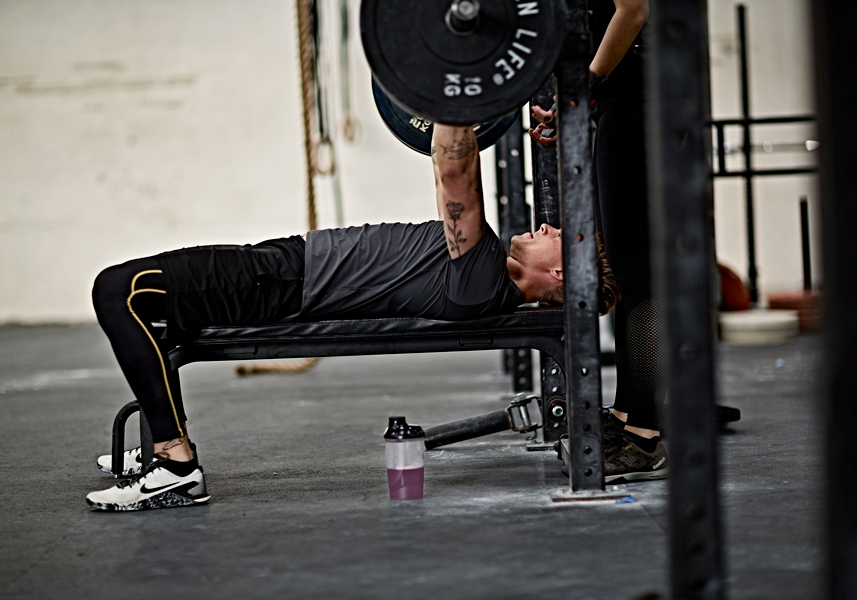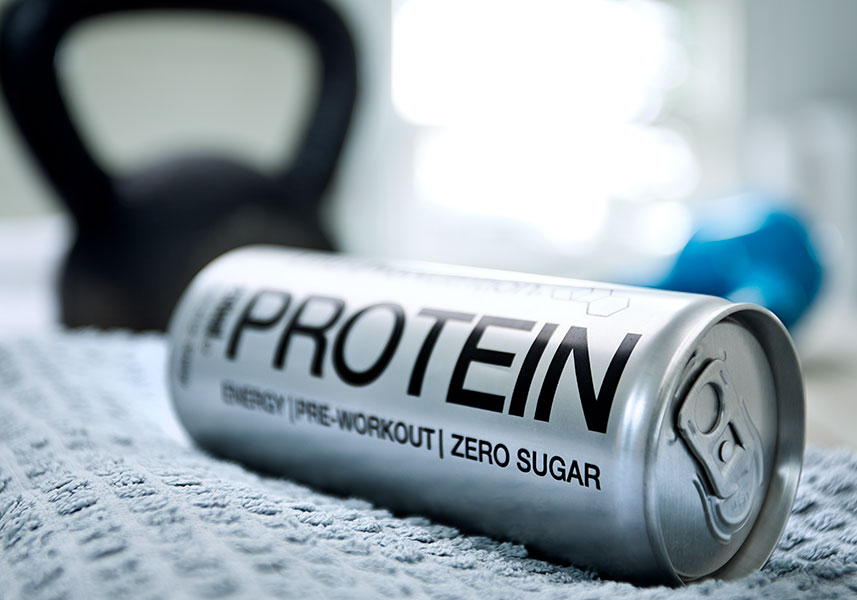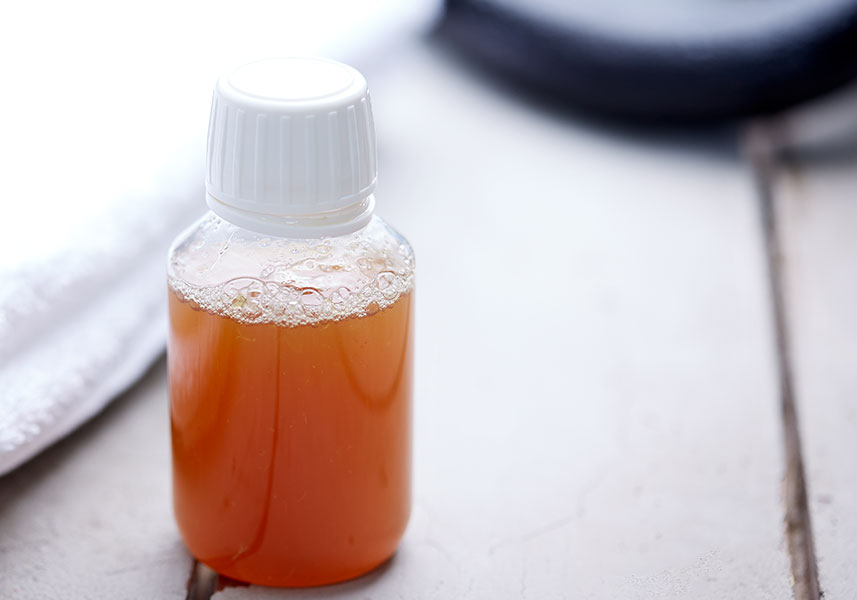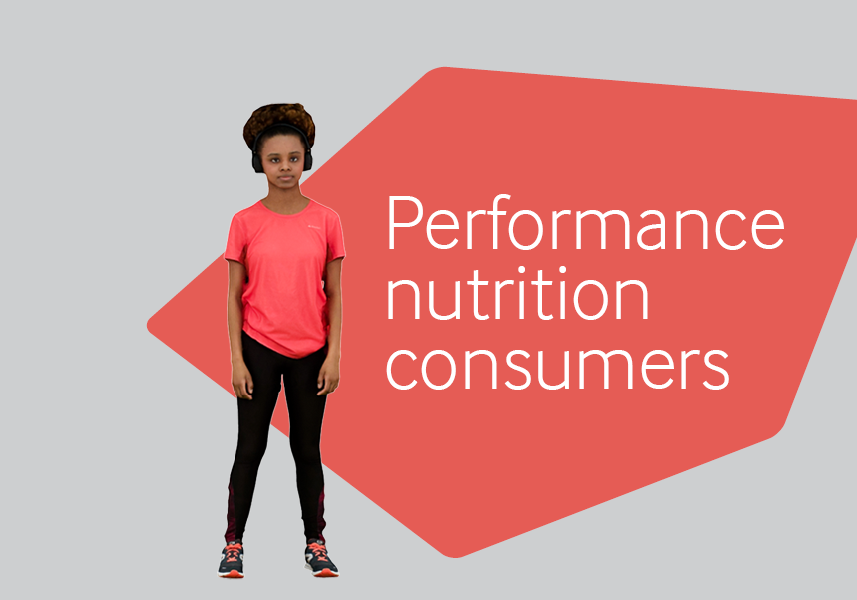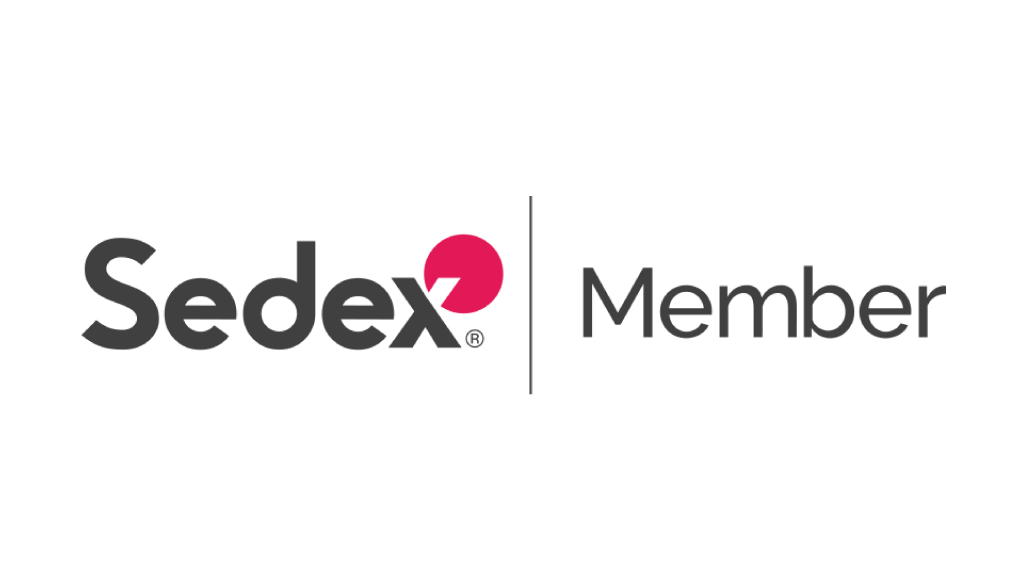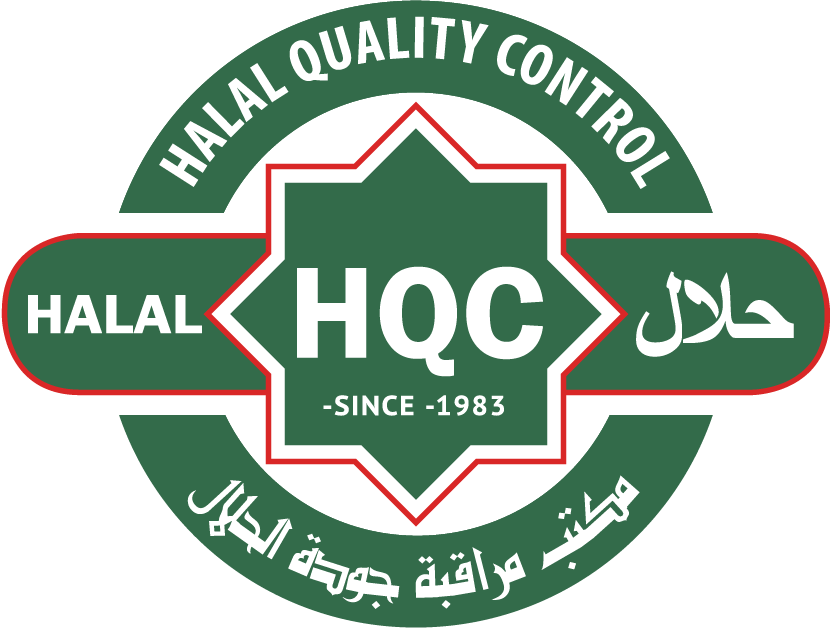Protein supplements for sports performance
Whey proteins are popular ingredients in sports nutrition. Their high quality, rapid absorption and superior amino acid content have made them well known and sought after.
Our premium whey proteins meet a wide range of needs. Spanning isolates, concentrates, hydrolysates and beta-lactoglobulin, they are proteins of choice for sports people seeking better endurance, greater muscle protein synthesis and faster recovery.
At Arla Foods Ingredients, we’re all about quality, science and innovation. Through our investments in pre-clinical and clinical studies, we develop first-hand evidence of how our whey proteins contribute to better sports performance.
This science-based documentation drives our continuous development of new ingredients and solutions.
All our sports nutrition ingredients are kosher and halal certified.

Sports nutrition ingredients
Applications & Concepts
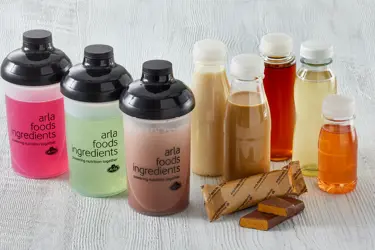
Applications
Concepts
Consumer Insights

Get in touch with one of our experts

Health and Sports Nutrition

Health, Sports and Medical Nutrition
Nutrition Science
Clinically documented ingredients
Whey protein offers a wide array of benefits for athletes and mainstream consumers alike. From accelerating muscle recovery to enhancing endurance performance and promoting muscle growth, whey protein has proven to be a valuable asset in achieving fitness goals. Whether it’s athletes looking to improve their performance or individuals interested in maintaining a healthy, active lifestyle, incorporating whey protein into their routine can help to unlock their full potential.
Arla Foods ingredients is dedicated to developing science-backed premium protein ingredients to support athletic performance. We collaborate with leading universities and customers within the sports nutrition industry to document the efficiency of our protein ingredients. Our innovation, scientific documentation and industry insights make us the ideal partner for your sports nutrition brand.

- Volpi, E., et al., Essential amino acids are primarily responsible for the amino acid stimulation of muscle protein anabolism in healthy elderly adults, in American Journal of Clinical Nutrition. 2003. p. 250-258.
- Gorissen, S.H.M., et al., Protein content and amino acid composition of commercially available plant-based protein isolates. Amino Acids, 2018. 50(12): p. 1685-1695.
- Hansen, M., et al., Effect of whey protein hydrolysate on performance and recovery of top-class orienteering runners, in Int J Sport Nutr Exerc Metab. 2015: Dept. of Public Health, Aarhus University, Aarhus, Denmark. p. 97-109.
- Sollie, O., et al., Protein intake in the early recovery period after exhaustive exercise improves performance the following day. Journal of Applied Physiology, 2018. 125(6): p. 1731-1742.
- Rustad, P.I., et al., Intake of protein plus carbohydrate during the first two hours after exhaustive cycling improves performance the following day. PLoS ONE, 2016. 11(4): p. 1-25.
- Moore, D.R., et al., Beyond muscle hypertrophy: why dietary protein is important for endurance athletes, in Appl Physiol Nutr Metab. 2014: a Faculty of Kinesiology and Physical Education, University of Toronto, Toronto ON, M5S 2W6, Canada. p. 987-997.
- Gillen, J.B., et al., Low-Carbohydrate Training Increases Protein Requirements of Endurance Athletes, in Med Sci Sports Exerc. 2019: Faculty of Kinesiology and Physical Education, University of Toronto, Toronto, ON, Canada.
- Impey, S.G., et al., Fuel for the work required: A practical approach to amalgamating train-low paradigms for endurance athletes. Physiological Reports, 2016. 4(10): p. 1-15.
- Devries, M.C. and S.M. Phillips, Supplemental Protein in Support of Muscle Mass and Health: Advantage Whey. Journal of Food Science, 2015. 80: p. A8-A15.
- Norton, L.E. and D.K. Layman, Leucine regulates translation initiation of protein synthesis in skeletal muscle after exercise. J Nutr, 2006. 136(2): p. 533s-537s.
STUDIES CONDUCTED WITH INGREDIENTS FROM ARLA FOODS INGREDIENTS
Stay connected
Sign up to receive the latest news, event updates and insights from Arla Foods Ingredients



